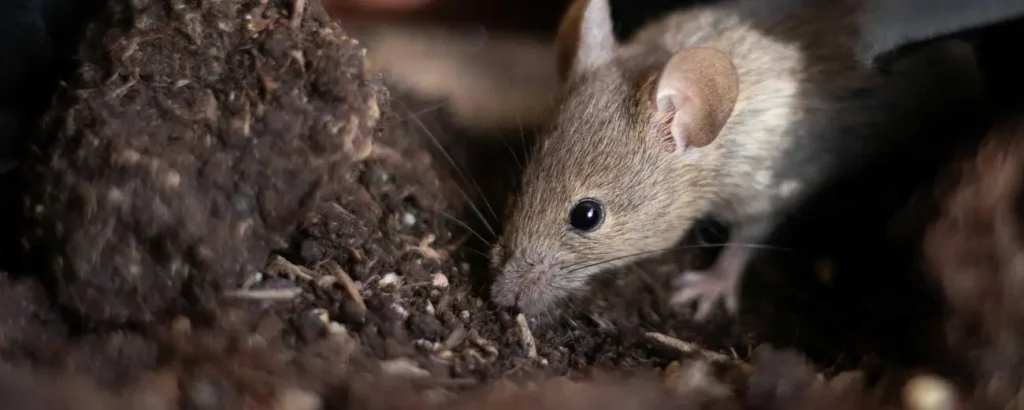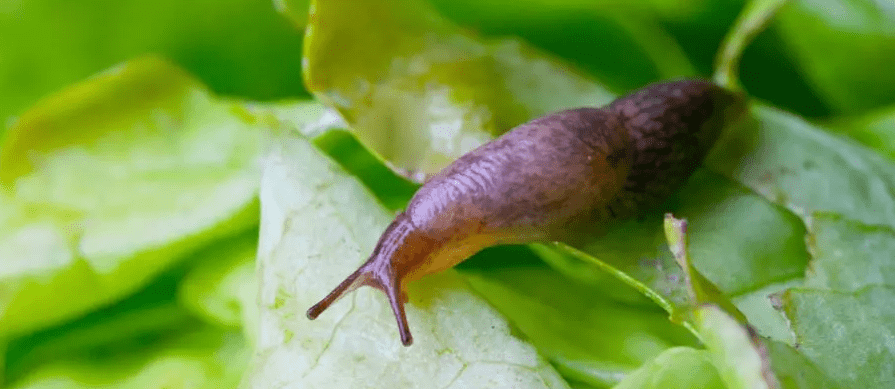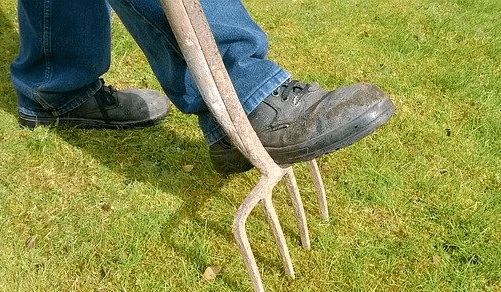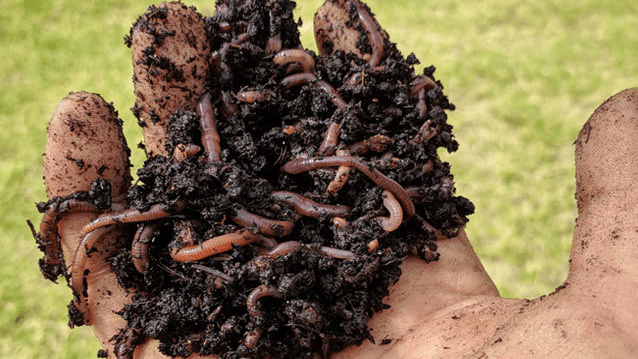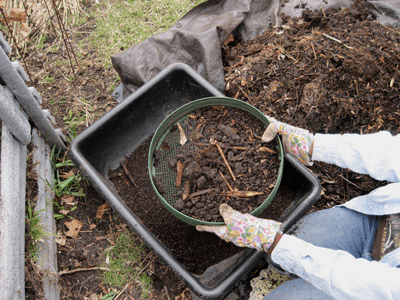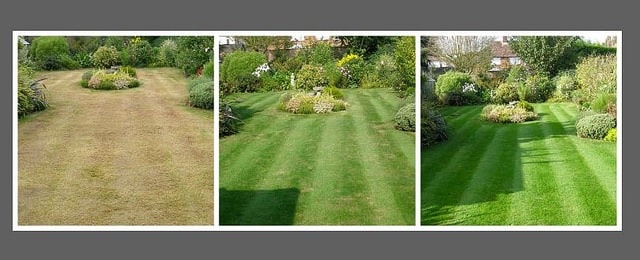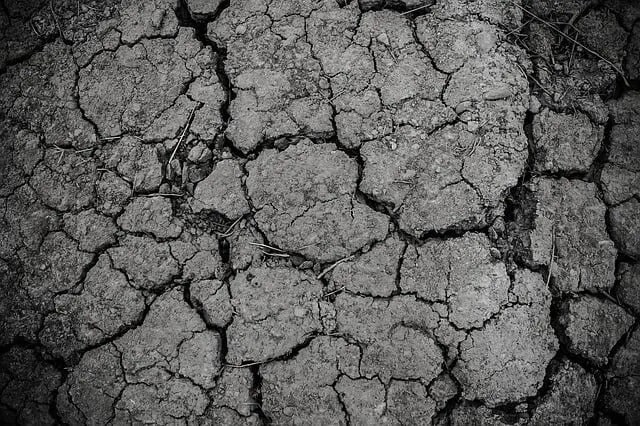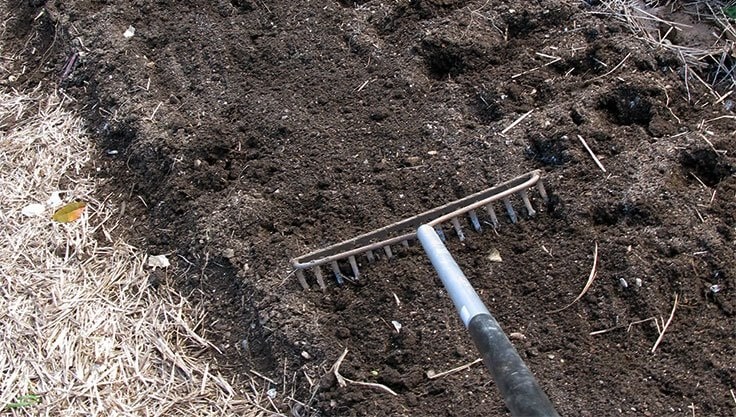Contents
Time to Get Started in the Garden: Preparing Raised Beds – But Beware of Mice and Hantavirus
Mice often overwinter in raised beds, so caution is advised. Hantaviruses are shed by infected rodents through saliva, urine, and feces. Humans can become infected through inhalation.
Mice are common in gardens, increasing the risk of hantavirus infection. If you are preparing your raised bed for the next planting season and start digging it up, you may come across mouse nests that are still occupied at this time of year. Both the mice themselves and the nests, as well as the dust stirred up while digging, can pose a risk of hantavirus infection.
How Is Hantavirus Transmitted?
The virus is shed by infected rodents through saliva, urine, and feces, where it can remain infectious for several days, even when dried. Transmission to humans occurs through inhalation of virus-laden aerosols (e.g., airborne dust), contact with contaminated materials (e.g., soil, dust) on broken skin, or through bites. In Germany, hantaviruses are primarily spread by the bank vole, field mouse, and yellow-necked mouse.
What Are the Symptoms of Hantavirus?
Hantavirus infection presents flu-like symptoms, including fever, as well as headaches, abdominal pain, and back pain. In rare cases, kidney damage may occur. If acute symptoms appear, a doctor should be consulted. Hantavirus infections are notifiable diseases.
Farmers and gardeners are particularly at risk of contracting hantavirus. Cleaning barns, storage areas, or working in the garden can stir up contaminated dust. Therefore, proper protective gear is recommended when cleaning:
How to Prevent Infections
- Wear safety goggles, an FFP2 dust mask, disposable overalls, nitrile gloves with long cuffs, and closed shoes.
- Dampen dirt with water before cleaning.
- Do not use a vacuum cleaner, as it can spread the virus through the exhaust air.
- Spray mouse carcasses and droppings with disinfectant.
- Dispose of contaminated materials in a plastic bag and place them in household waste.
- Thoroughly wash and disinfect hands after work.
- Do not enter your home wearing contaminated clothing.

